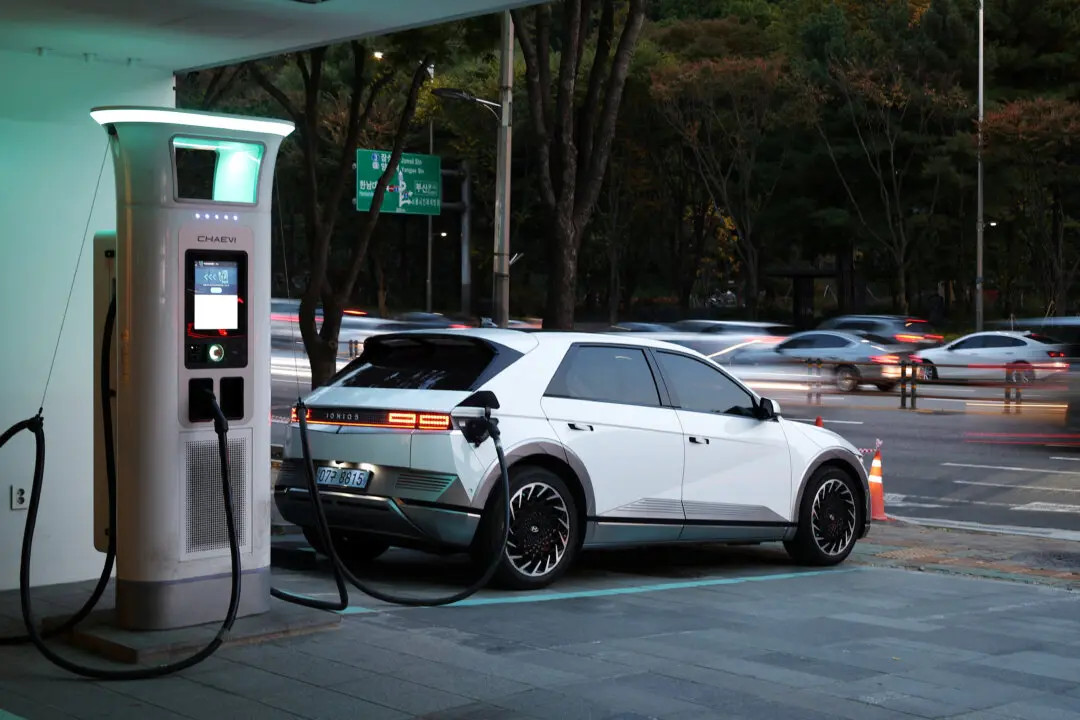Two auto manufacturers have issued recall notices for about 46,000 electric vehicles in Canada over concerns their batteries won’t charge properly, causing a loss of power.
Several electric vehicle models from Hyundai and Kia were recalled due to the potential for the integrated charging control unit (ICCU) to be damaged, resulting in the 12-volt battery failing to charge. While the vehicle will still operate, it will be in a reduced power mode, according to the Transport Canada recall notice.





